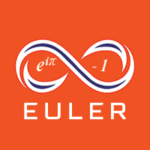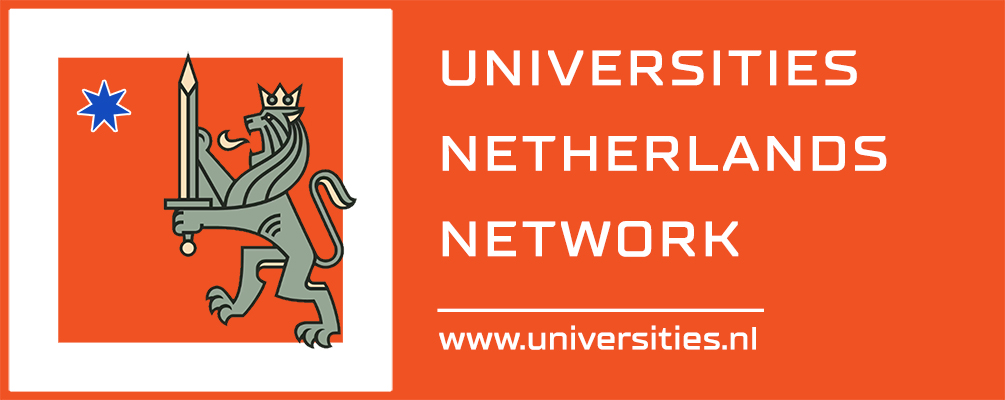Important information about plagiarism and the use of AI by EULER students
This note seeks to address the dangerous misunderstanding EULER and EUCLID instructors often notice as to what constitutes plagiarism vs acceptable use of third-party text.
For instance, suppose we find this sentence in a paper (in bold):
The mechanisms of how resilience works generally imply intrinsic complex feedback loops of the systems; such loops absorb the external impacts and distribute them through the different elements that conform to the system.1
This sentence does have a footnote reference, but this does not make it acceptable to use this text in your own text! Any of this kind of unwarranted cut and paste, even with a reference, will make the entire assignment unacceptable.
To be acceptable (up to 14%), the use of third-party text must:
- Be clearly introduced as a citation/quote
- Be justified (meaning you have a good reason to use it) because:
- It is a primary source (articles of a treaty for instance)
- It is an authority (comment by recognized scholars or experts)
- It is an illustration of what is being discussed (news)
For the same text, if the student wrote:
According to a landmark paper by Gonzalez and colleagues:
[in Quote style paragraph] The mechanisms of how resilience works generally imply intrinsic complex feedback loops of the systems; such loops absorb the external impacts and distribute them through the different elements that conform to the system. 1
This statement confirms that…
This is the case; a student can use third-party text because it is not merely ‘reused’ in the text but clearly a citation that has a reason to be there.
Students should remember that this can be done from time to time (once or twice per page) and only when citing something really interesting or authoritative… If this is done right, the plagiarism rate in Grammarly can be 25% and still be fine, but if the text is used without a good reason (first example), even 14% plagiarism would not be acceptable…
Another option is for a student using a source to comprehensively rephrase/rewrite the sentence, and this must be done by using a clearly different set of words/structures… A footnote reference to provide support for the information and source is still called for.
Strict Enforcement:
Students must document their plagiarism rate in every assignment (using the current RP or MP template) and indicate their use of any AI tools in their mandatory disclosure statement.
This percentage is provided by Grammarly EDU (provided free of charge to all EULER/EUCLID students). Faculty members are instructed to carefully monitor the issue of plagiarism and obvious use of AI/ChatGPT.
Acceptable Use of ChatGPT and AI in Academic Work: Plagiarism Policy
At EULER University, we embrace technological advancements and recognize the value of tools like ChatGPT and other AI-powered applications in enhancing learning and research. However, it is essential that all students and academic staff understand how to use these tools responsibly, in alignment with our Plagiarism Policy and academic integrity standards.
-
Responsible Use of AI Tools
ChatGPT and other AI tools can be helpful for generating ideas, clarifying concepts, and assisting with writing and research. However, the use of AI should always be complementary to your original academic work. Students and staff are encouraged to use AI tools in the following ways:
– Research Assistance: AI can help generate initial ideas, summarize academic content, and provide insights into research topics. It should not replace your own analysis or critical thinking.
– Writing Support: AI tools can help with drafting, grammar correction, or improving the clarity of writing. However, the final submission must reflect your own understanding, writing style, and academic integrity.
– Idea Generation: Using AI to brainstorm or explore different perspectives on a topic is allowed. However, the core arguments and conclusions should always be your own work.
-
Prohibited Use of AI Tools
To maintain academic integrity, students and staff must avoid the following practices when using ChatGPT or any AI tool:
– Submitting AI-Generated Work as Your Own: Presenting AI-generated content (whether text, ideas, or analysis) as your own is a violation of our plagiarism policy. This includes copying AI responses verbatim or making minimal edits and submitting them as original work.
– Relying Exclusively on AI for Major Assignments: While AI can support academic work, relying on it for significant portions of assignments, essays, or research papers undermines the value of the learning process and is considered academic dishonesty.
– Misrepresentation: Falsifying authorship by claiming that AI-generated work was created through your own effort or by omitting the involvement of AI in your submission constitutes a form of academic misconduct.
-
Proper Attribution
If AI tools such as ChatGPT are used in the process of preparing academic work, proper attribution should be made where necessary. This may include citing AI-generated ideas, responses, or text that were integrated into your work. Following proper citation guidelines is critical in maintaining transparency and upholding the university’s standards of academic honesty.
-
Consequences of Violating the Policy
Any violation of the acceptable use guidelines for ChatGPT or AI, such as submitting AI-generated work as your own, will be treated as academic misconduct and subject to disciplinary action under the university’s Plagiarism Policy. Consequences may include but are not limited to, a failing grade on the assignment, further academic penalties, or even expulsion in cases of repeated violations.
At EULER University, we encourage innovation and the responsible use of AI tools to complement your academic journey. However, all AI-assisted work must be used ethically and transparently. Students and staff are expected to uphold the highest standards of academic integrity by ensuring that their work is original and properly cited, in accordance with the university’s Plagiarism Policy.
If you have any questions or concerns about acceptable use or need clarification, please contact the academic integrity office for guidance.












